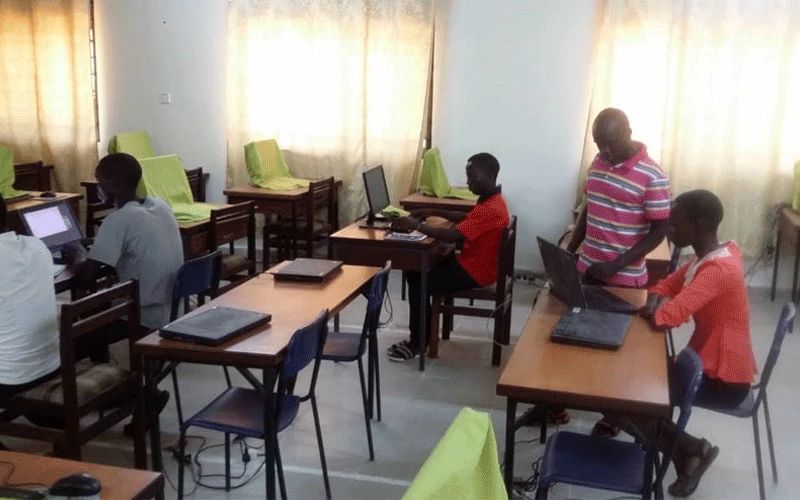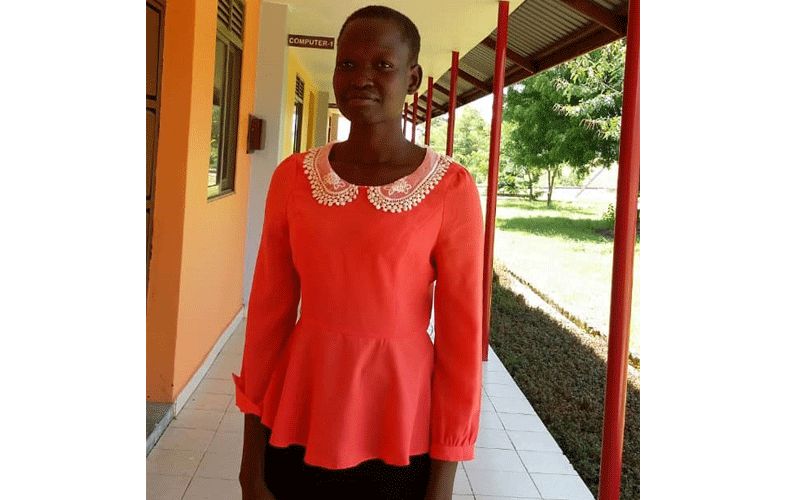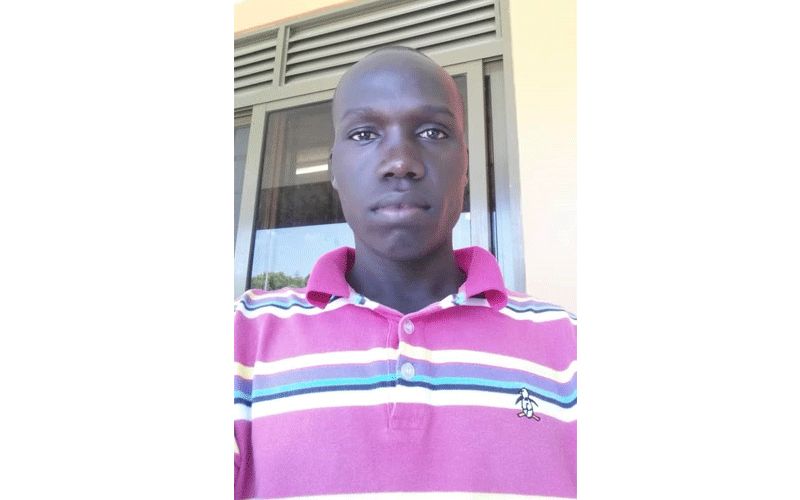“In South Sudan, there are some roles that are considered a strict taboo for women like climbing roofs and trees. That is why women generally shun technical courses and prefer office jobs,” said Garry.
He added, “Those who express the slightest interest in technical courses still go for softer courses such as Computer studies much as they would like to pursue plumbing, welding, automotive engineering and other technical fields that are male dominated.”
Don Bosco Technical and Vocational Centre, a technical institution run by the Salesians of Don Bosco (SDB) in Juba, with branches all over the East-Central African country offers Computer Studies, Electrical Engineering, Automotive Engineering, Welding and Carpentry. Other courses include Plumbing and Masonry.
Out of the seven courses, Computer Studies boasts the highest number of female students with courses such as plumbing, welding and carpentry having zero enrollment of female students, Mr. Garry told ACI Africa.
Many female students at the centre are married with families and therefore choose Computer Studies that seems to have a favorable schedule for them, Garry said.
(Story continues below)
“Usually, about four out of every 10 female students we enroll every year are usually married with families to take care of. Most of them experience challenges juggling between their families and studying,” said teacher Garry.
He added, “Many women therefore choose Computer Studies because we offer classes in shifts. Those who attend in the morning usually get the afternoon break and report the following day.”
Started in 2012 to provide empowerment to women in South Sudan through hands-on skills, the Centre has a population of about 400 students and just about an eighth of these are female students.
Even with the paltry enrollment, the Centre performs better compared to other similar institutes across the country.
“With our few female students, Don Bosco technical training Centres are better in terms of female enrollment all over the country. Many other institutions do not have a single female student,” the Computer Studies instructor said.
With a 50 percent waiver on tuition, special scholarships as well as specialized mentorship programs aimed to keep women in institutions of learning, the training institutions managed by SDB missionaries have an edge over other similar institutions in the country.
But the challenges of South Sudanese women in accessing tertiary level institutions stem from their poor background in basic education where priority in accessing education is given to boys, the teacher testified.
“In a technical institution admission, one is supposed to be able to read and write and it is usually better for someone who has some basic computer knowledge. But girls in South Sudan don’t have such privilege because few manage to complete their high school education. The rest are married off,” said Garry.
Those who are married, he said, face the pressure from their husbands to drop out of school and to tend to their families. Some, he said, are exposed to domestic violence because of their decision to stay in school.
There is a reward, however, for those who swim against the current until they complete their studies as, according to Garry, the industry is always ready to welcome them with lucrative jobs.
“Here, the international organizations are very passionate about female graduates in technical fields and they readily give them well-paying jobs. I haven’t seen any graduate from our school who ended up jobless,” he said, adding that the same cannot be said about the South Sudanese government.
“The government, on the other hand, is very indifferent to women education in technical fields,” Garry said and added, “It is time that our government changed its mindset about technical training because it is through technical skills that development of a country happens.”

In an interview with ACI Africa on Friday, September 4, Fr. George Shyjan, a member of SDB said that the missionary Congregation started women empowerment in South Sudan more than 20 years ago in the Diocese of Wau.
“Our niche was offering the 50 percent scholarships and awarding special scholarships to our students to specifically attract women from poor backgrounds,” Fr. Shyjan said, adding that the missionaries proceeded to Juba in 2012 after establishing 10 Centres in rural places in the country.
The beginning was bumpy, according to the Indian-born SDB Cleric who says that the technical Centres struggled to get women to enroll for the courses “but they started coming in one by one and now we usually get a fairly big number of female students interested in technical courses.”
“Our inspiration is none other than Don Bosco himself, an Italian Catholic priest of the 19th century who dedicated his entire life for the education and well-being of the young people,” Fr. Shyjan told ACI Africa.
He added, “We, Salesians, as sons of Don Bosco follow his dream of empowering the youth, both men and women, in every aspect of their lives.”
“Our dream for the women of South Sudan is to enable them to face the challenges and be educated and skillful entrepreneurs to lead this country to development and prosperity,” the Juba-based SDB Missionary said.
Agnes Aineah is a Kenyan journalist with a background in digital and newspaper reporting. She holds a Master of Arts in Digital Journalism from the Aga Khan University, Graduate School of Media and Communications and a Bachelor's Degree in Linguistics, Media and Communications from Kenya's Moi University. Agnes currently serves as a journalist for ACI Africa.











